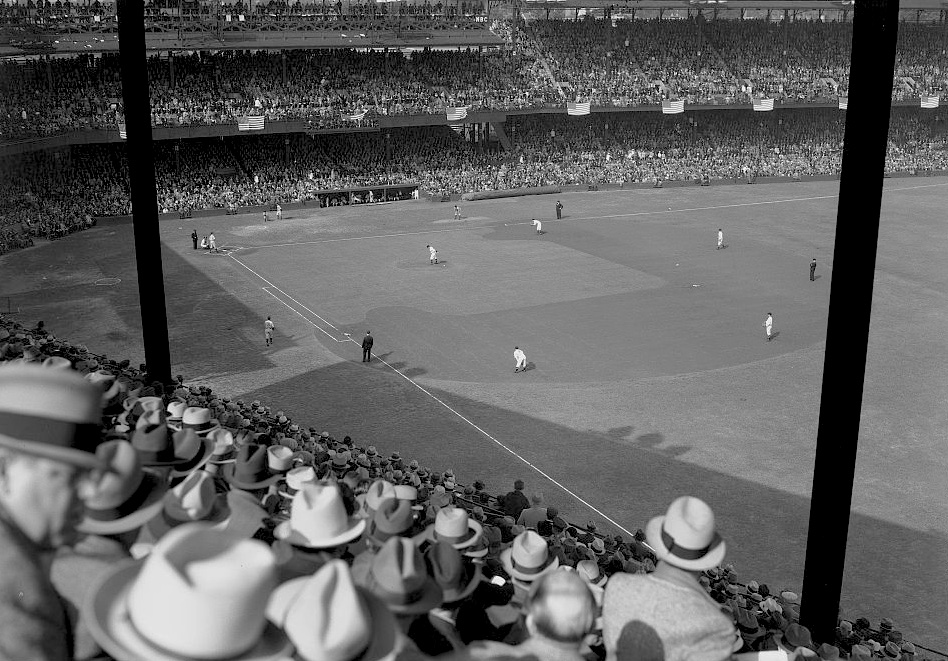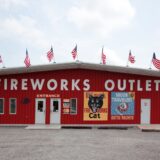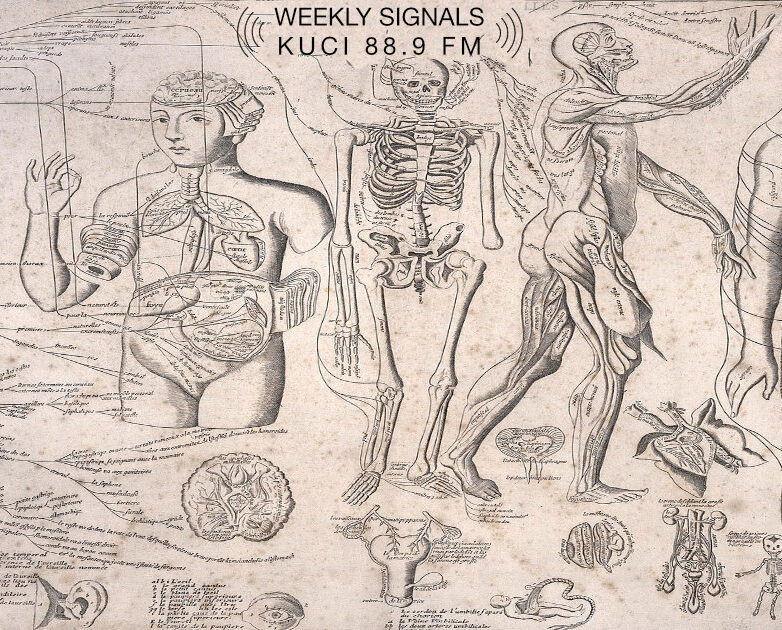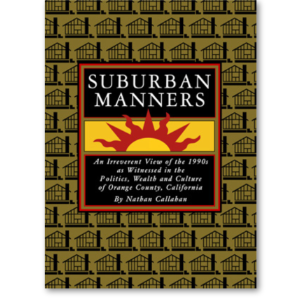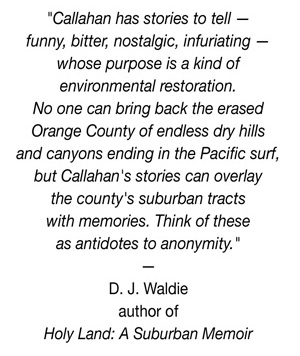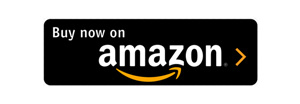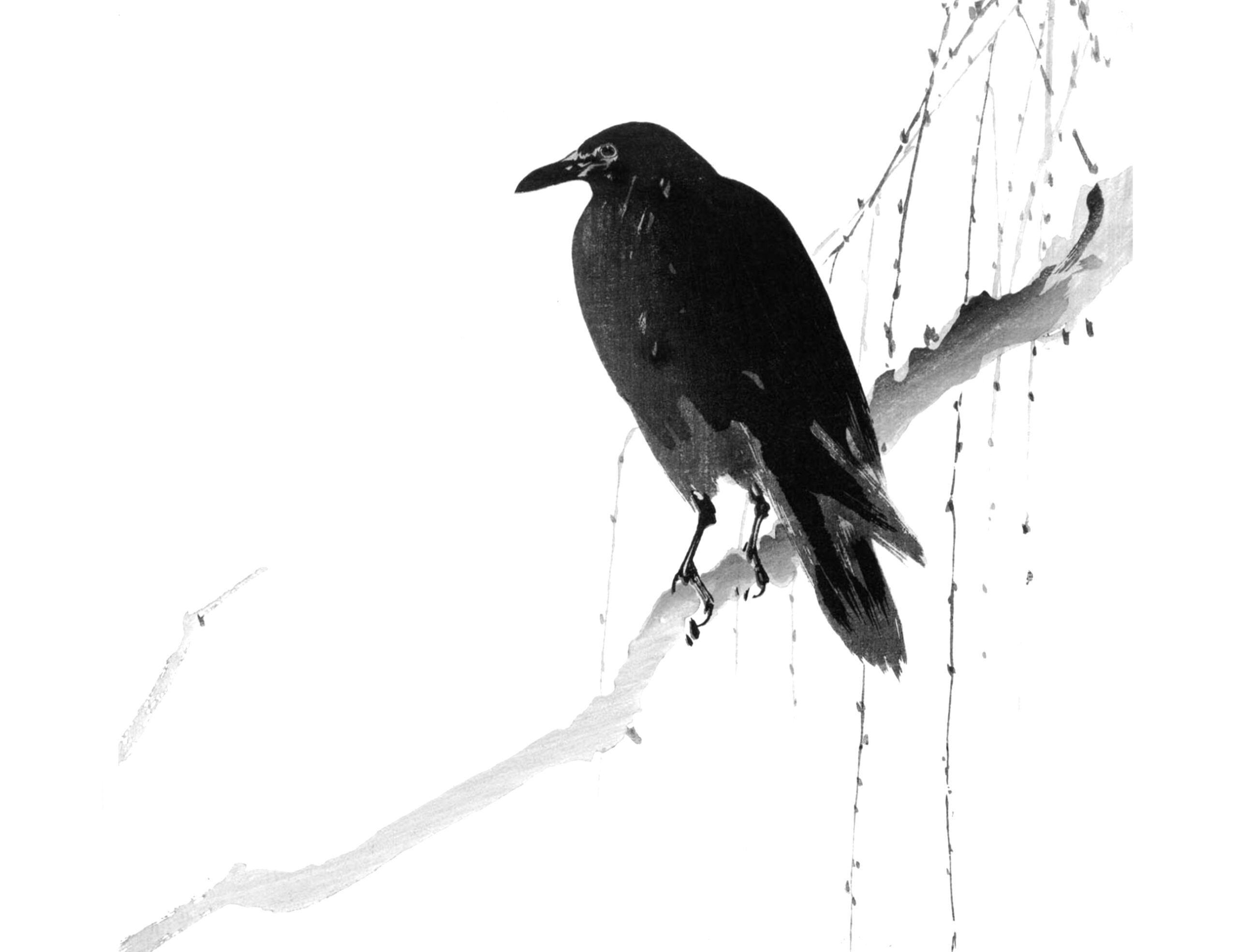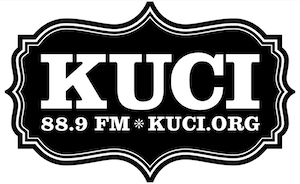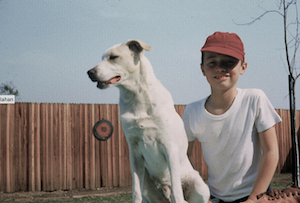There’s nothing more pathetic than a player born on third base who acts like he/she/they/it hit a triple. They’re either dense, delusional, or dead. If they’re charismatic, however. The equation shifts. The usually get others to cheer for their talent and ingenuity.
If you look at early photos of ball park stands at Ebbets Field, Comiskey Park, The Polo Grounds, really anywhere in pre-branded baseball — there are no baseball jerseys or caps in the stands. Since the invisible hand of merchandizing hadn’t yet consumed the sports world, the people in these photographs are different. The don’t bear the mark. They belong in a world without product placement. They are wearing only a sense of place and time. They are “of” no other.
Nowadays, a real fan can’t be seen without the other — the team gear — caps, jerseys, t-shirts, jackets, rompers in all manner of logo, New York Yankees Cooperstown Collection Jerseys, Detroit Tiger splitneck t-shirts, Angels underwear. In the here and now, People wear their team like lesser versions of the player who thought they hit a triple.
I once believed only in things that could be demonstrated. I wanted evidence. I wanted to be an inhabitant of the reality-based world. It was important to me to understand a chain of events. The scientific method of testing, observation, was my trinity “of” the physical world. Scripture with no evidence (real word measurable evidence) was blasphemy. Evidence was my scripture. That’s not to say I didn’t like fantasy. I liked baseball for Christ’s sake.
Baseball is a fantasist’s past time. Seemingly intelligent adults crowing for, crowning, and celebrating a geographically adjacent group of men collecting their pay check from the same source as champions of a unpredictable childhood sport that involves bats and balls is fantasy. But because I knew it was a fantasy, and I liked fantasy, I made an exception for my belief. By KNOWING that baseball was meaningless, I reasoned, it was only a belief in the power of fantasy, not in the fantasy itself. I reacted to baseball, cheered it on, relished the “world championship.” It wasn’t real. It was a dance. I was never a player and didn’t pretend to be. I never hit a triple. I never even wore a team’s colors.
Who was I wearing? I was wearing me, Nathan Callahan — not a player, coach, or, heaven forbid, mascot.
Then one day, in an effort to shade my head from global warming, I popped on a friend’s baseball cap. It was a perfect fit and and I liked it. Curiously, it was a Texas Ranger cap.
The Texas Rangers franchise is where George W. Bush got his start. As a teen, W was a coke-snorting, alcoholic frat boy schmoozer. He got his big break because of his family’s name. Bush meant money. Money that was needed to fund their campaign to build a new ball park at the public’s expense. The Rangers’ Managing General Partner George W Bush was the consummate “man born on third base thinking he hit a triple.”
Other than the great fit, wearing a Texas Ranger cap made me uncomfortable. After all, I was a Dodger’s fan. I grew up watching Duke Snider, Sandy Koufax, and Maury Wills. I had grown to love their inperfections, their faults, their history. The Dodgers live in my frontyard, Los Angeles. So, I went out and bought myself a Dodgers cap — fitted classic Dodger blue, L and A intertwined — and began wearing it on sunny days (which in Southern California is year-round). Not only was it comfortable and utilitarian, if I wore my cap in public, I’d often get a comment— a cheer, a sneer, a boo, a knowing glance. It was as if I was more “of Los Angeles.”
This pleased me. The cap was clean, blue, LA on front, Dodgers on back. My head was shaded, and I was “of” not only the Dodgers, but Chavez Ravine, Malibu, Watts, David Hockney, David Lynch, Frank Gehry, Frank Zappa, Ornette Coleman, X, the Westside, the Eastside… you get the idea. I was wearing a sense of time and place.
Then I wondered. What would happen if I wore a San Francisco Giants cap? Would it feel as awkward as the Texas Rangers? Would I feel like a sellout? The Giants are considered the archrivals of the Dodgers. Everyone knows that. Even Vin Scully, the ever cool, unflappable, overtoned voice of LA baseball, called them “the hated Giants.” But the Giants were just the opposition. They played in the fantasy, too. And without them what would the Los Angeles Dodgers be? Just another San Diego Padres. I’m not a fan of the City of San Diego. I love San Francisco. In fact, I am partly “of San Francisco.” Why not represent it?
Wearing a Giants cap around LA got stares. At first, in the interest of safety, I told anyone who asked I wasn’t really a Giants fan, but I was exorcising my demons. They would laugh and give me a thumbs up. That didn’t last. Then, something kicked in. I began emoting like a native San Franciscan. After the Giants won the World Series 2012, their first in over 50 years, I beamed with pride. Some people waved to me and said “congratulations.” Others booed. A checker at Trader Joe’s looked me dead on and said, “It’s about time.” I just laughed. “Tell that to your Dodgers,” I said.
Before long, I realized that I was “of” many places. I put on a Yankees cap, another arch rival. It was revelation. I was wearing Manhattan, Wall Street, Rockefeller, and CBGBs. It felt like home.
What next?
I’ve always felt “of Baltimore” — the hometown of Cab Calloway, Phillip Glass John Waters, and Charles Bukowski. So, before long I added an Orioles’ cap to my repertoire. Detroit was next… then Chicago — the team of beautiful losers turned beautiful winners. There’s a whole array of personality trait cities that I want to represent — Toronto, Cleveland, Kansas City, Seattle. What am I “of.” The franchise awaits.
But then something happened. Baseball sold their adidas. etc.
I am not “of” Adidas. I am not “of” New Balance. I am not “of” Nike. I am a product of place. Not a product placement. If they want to use me for product placement, how much are they willing to pay. If I’m going to wear their logo, what’s in it for me?
There’s no team inside me anymore. Just a sign on the outside. I was no longer “of me.” I sold out.
— Nathan Callahan
